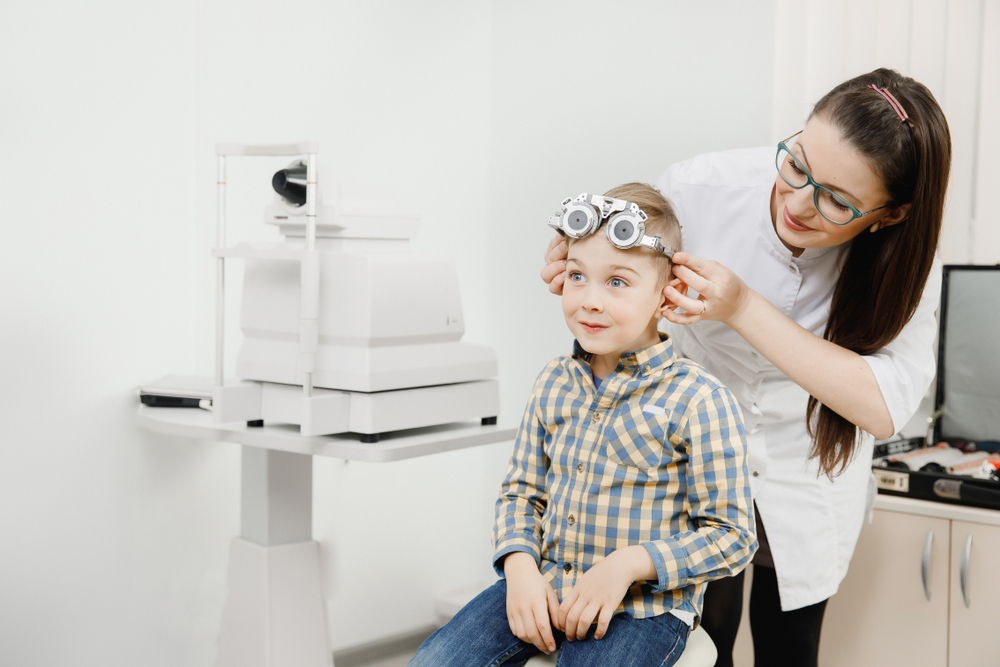The Center for Vision Development Blog
Learn more about optometrist care in our blog!

For many individuals recovering from brain injuries, strokes, or other neurological conditions, visual impairments can be a significant barrier to regaining independence and quality of life. Neuro vision rehabilitation is a specialized therapy focused on restoring and enhancing visual skills affected by neurological challenges.

Amblyopia, also referred to many as ‘lazy eye’, is a common visual disorder that affects many individuals, particularly children. It often occurs due to an imbalance in visual function between the eyes, resulting in one visual channel with reduced visual acuity; along with reduced spatial awareness and reduced depth perception. However, with early intervention and the appropriate binocular therapy, individuals with amblyopia can experience improved vision and quality of life.

Vision is essential to navigating life, impacting not only how we see but also how we learn, read, and engage with the world. For some, visual challenges can create obstacles in everyday activities and overall quality of life. Optometric vision therapy is a specialized program designed to improve visual skills, enabling patients to perform better in school, work, and recreational activities.

Attention Deficit Hyperactivity Disorder (ADHD) and Attention Deficit Disorder (ADD) are neurodevelopmental disorders that affect a significant number of children worldwide. These conditions can have a profound impact on a child's ability to learn and succeed academically. Understanding the connection between vision and ADHD/ADD is crucial for identifying and addressing the specific needs of children with these conditions.

Understanding autism spectrum disorder is the first step in recognizing the importance of specialized care, including vision care. Autism is a neurodevelopmental condition that is characterized by varying degrees of social communication difficulties, repetitive behaviors, and challenges in processing sensory information. In the context of vision, the way your child interprets visual information can be vastly different from neurotypical children, which is why tailored vision care is paramount.

The modern world is a hectic and stressful place. You're constantly juggling work, family, and personal responsibilities, and it can feel like there's just no time to relax and unwind. You're not alone in feeling this way. Studies have shown that stress levels are at an all-time high, with many people struggling to find effective ways to relax. Enter BrainTap, a solution that promises to transform the way you relax.

Every year, about 15 million people—including 700,000 Americans—suffer a stroke. In fact, strokes are the fifth-leading cause of death here in the U.S. It’s also one of the main causes of disability in adults. As you may know, the effects from strokes can vary wildly.

Did you know that the concussion is the most common form of brain injury? Concussions happen when the head and brain are knocked about by a forceful impact. Sports injuries are a common cause of concussions, but car accidents, falls, and other incidents can also cause them.

The holiday season, with its festivities and gatherings, often brings joy but can also introduce stress into our lives. Amidst the hustle and bustle, it’s crucial to consider the impact of stress on our vision.

The field of vision therapy, closely connected to assisting with various eye issues, provides hope for individuals affected by Traumatic Brain Injury (TBI). Read on as a vision therapy optometrist Washington, DC talks about why including vision therapy into your recovery process can bring significant benefits to those affected by TBI.










